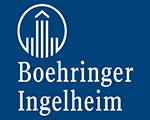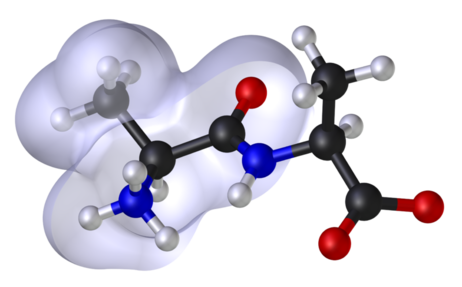Boosting the Pace of Scientific Discovery with Open Innovation
Published Nov-19-12Breakthrough:
A pharmaceutical company’s successful use of crowdsourcing to predict biological responses of molecules.
Company:
Boehringer Ingelheim, Germany
The Story:
 In its search for a model to accurately predict the biological responses of molecules, pharmaceutical company Boehringer Ingelheim turned to an online science community to ask it to come up with an algorithm that would be able to predict a biological endpoint to a molecule by only knowing its structure and composition.
In its search for a model to accurately predict the biological responses of molecules, pharmaceutical company Boehringer Ingelheim turned to an online science community to ask it to come up with an algorithm that would be able to predict a biological endpoint to a molecule by only knowing its structure and composition.To help it engage with the crowd the company teamed up with Kaggle, an online platform for data prediction competitions.
"[We're] proud to be the first pharmaceutical company to use the Kaggle platform as a way to drive innovative solutions to this scientific challenge," said Dr. James Baxter, VP of development at Boehringer Ingelheim. "We are excited to encourage a dialog on new ideas that may ultimately bring more health to patients and families."
Hunting for the Best Solution
Numerous strategies can be applied to prediction challenges, but the point of this crowdsourcing competition was to find the best one. And sizeable carrots were dangled in front of participants in the form of a prize purse of $20,000.
Individuals and teams were given 1,776 different variables, each one representing a molecular descriptor relating to a different characteristic of a molecule such as size or chemical composition. Participants were also furnished with data about its biological response.
The competition was well supported with more than 800 scientists submitting more than 9,000 entries during a three-month period. To encourage participants to continually refine their models and to get ahead of their rivals a leaderboard was installed from the outset.
Some of the participants had no formal training in chemistry, yet according to David Thompson, Boehringer’s social media strategist some of their results were as good as, if not better than some of those that the academic community produced.
The Winners
The winning team of Jeremy Achin, Tom DeGodoy, and Sergey Yurgenson created the best algorithm as assessed by an objective measure of performance, and for their efforts were rewarded with a check for $10,000. Second and third places were awarded $6,000 and $4,000 respectively. The source codes they came up with are now being used by Boehringer as part of its drug development efforts.
Accelerating Scientific Advances
Science has a reputation for being something of a closed shop where only a few minds are engaged on a specific problem. But the exponential rise of the Internet and the flourishing of open innovation can open up fields and generate contributions from hundreds, even thousands of experts. Scientific problems can be solved by amplifying collective intelligence.
What this can mean is the range of problems that can be tackled is expanded which could accelerate the pace of scientific advancement.
One of the most fascinating aspects of the Boehringer contest was related to the participation of the non-chemists. According to Thompson it showed the academic community that a body of people working on the same problems can come at them from totally different perspectives.
The Future of Science?
Whilst expertise counts for a lot it can only get you so far, and it doesn’t necessarily have all the answers. Boehringer believes that such open innovation approaches as its algorithm contest could become the norm in the pharmaceutical industry.
Next Story »


